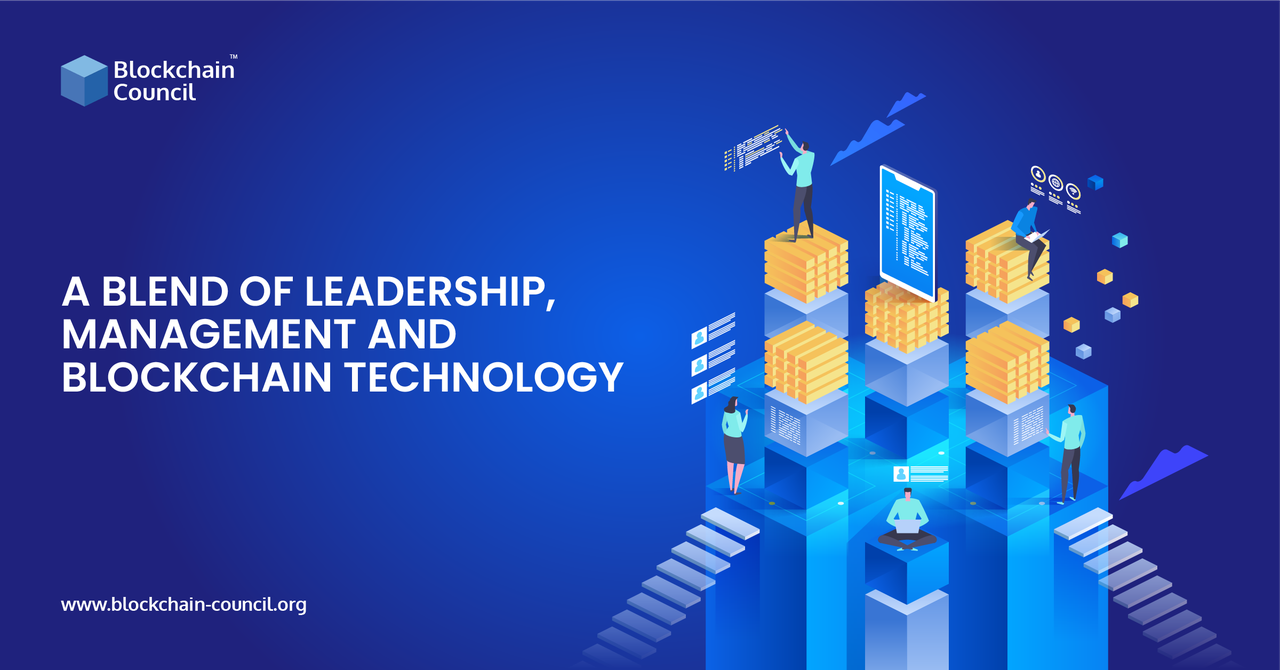
- Toshendra Kumar Sharma
- March 15, 2019
In the 10 years that blockchain technology has evolved in the world, it has come far from its beginnings as a financial instrument to impacting nearly all spheres of human activities. From art to real estate and even healthcare, blockchain has found their application a lot of industries. Specifically, with the healthcare industry, blockchain can streamline a number of processes and make the experience for both the end users and doctors better. With enhanced drug traceability using blockchain combined with IoT sensors, pharmaceutical companies can significantly reduce the problem of drug counterfeiting.
By migrating to a standardized way of storing medical records over blockchain across different hospitals and medical clinics, doctors can get easy access to the patients’ history which is crucial to making an accurate assessment. Patients would also get much more control over how their confidential information is stored and secured avoiding debacles like the recent Equifax data breach and NHS breakdown.
Blockchain allows for storing information immutably and network participants to be uniquely identified using public key cryptography. These two properties combined have the effect of making blockchain one of the most secure repositories of data in the world for sensitive information.






































































 Guides
Guides News
News Blockchain
Blockchain Cryptocurrency
& Digital Assets
Cryptocurrency
& Digital Assets Web3
Web3 Metaverse & NFTs
Metaverse & NFTs
